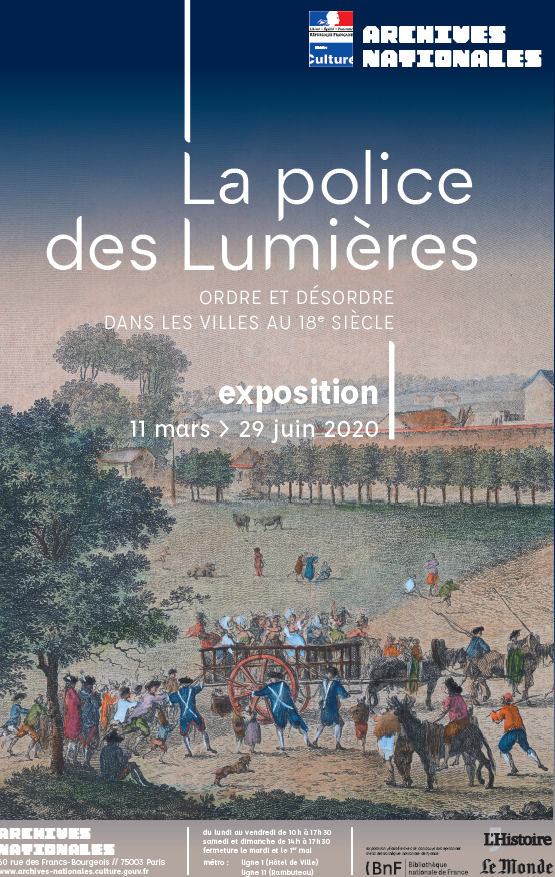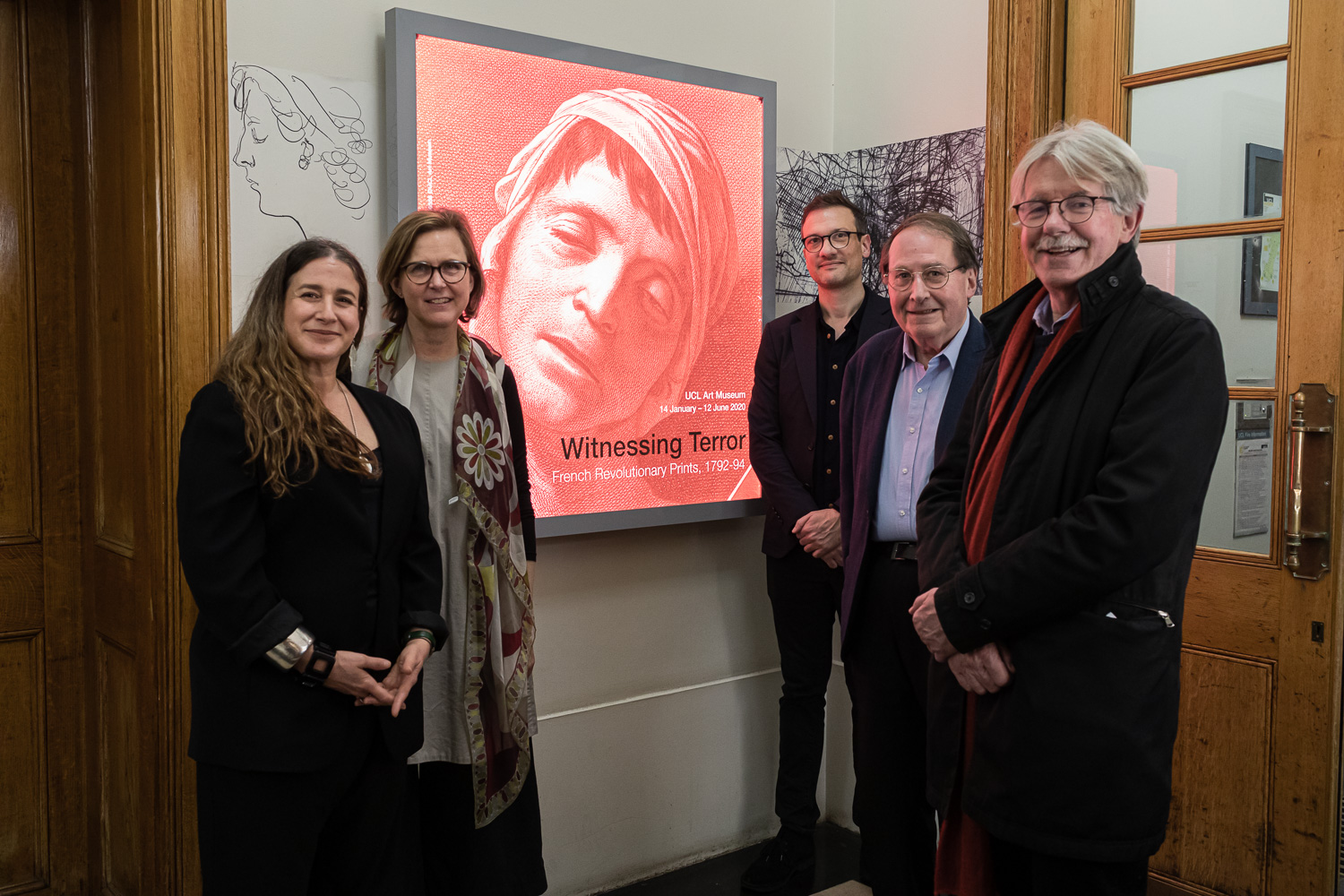Colin Jones writes:
The British have long held a very negative view of Parisian policing in the eighteenth century. The episode in which the duchess of Elbeuf lost her freedom (and indeed the correspondence notebooks at the centre of this project) when she was denounced to her neighbourhood’s surveillance committee at the height of the Terror in early 1794, seems to endorse this opinion. Even before counter-revolutionary propaganda during the Revolutionary and Napoleonic wars had painted the Paris police in grimly lurid colours – later popularised in literary offerings such as Charles Dickens’ Tale of Two Cities and baroness d’Orczy’s The Scarlet Pimpernel – it had long attracted vociferous British criticism. Parisian police spies, censors, lettres de cachet, and all the rest caused shudders in preening ‘Free-Born Englishmen’. Some even doubted that the ‘police’ was a bona fide word in English: it was, Dr Johnson’s dictionary sagaciously observed, ‘a French term’.
 One of the striking effects of the exhibition, ‘La Police des Lumières: ordre et désordre dans les villes au XVIIIe siècle’(‘The Police during the Enlightenment movement: urban order and disorder during the eighteenth century’), is to complicate and revise this simplistic vision. Continue reading
One of the striking effects of the exhibition, ‘La Police des Lumières: ordre et désordre dans les villes au XVIIIe siècle’(‘The Police during the Enlightenment movement: urban order and disorder during the eighteenth century’), is to complicate and revise this simplistic vision. Continue reading

 Photo © Hydar Dewachi
Photo © Hydar Dewachi